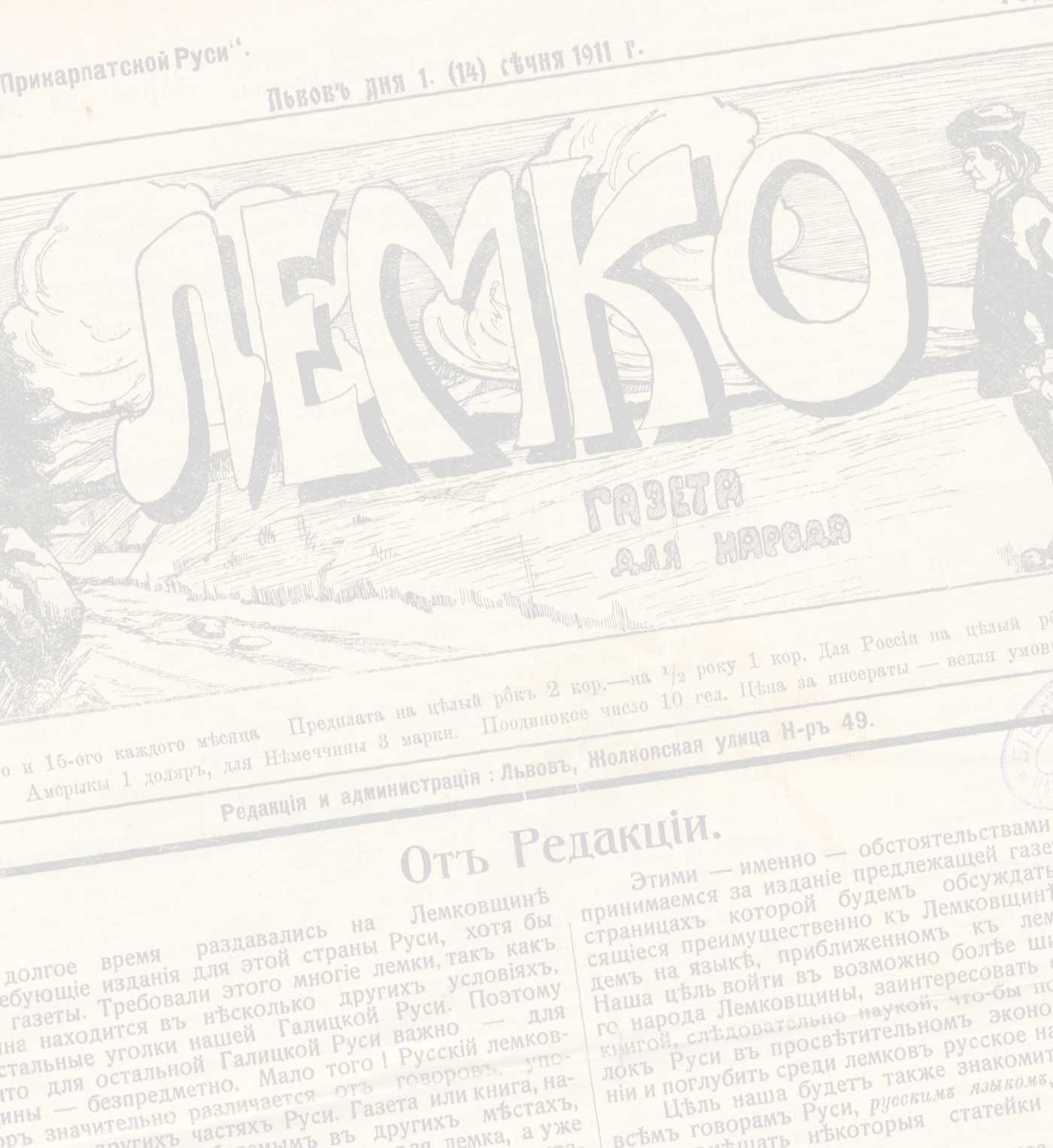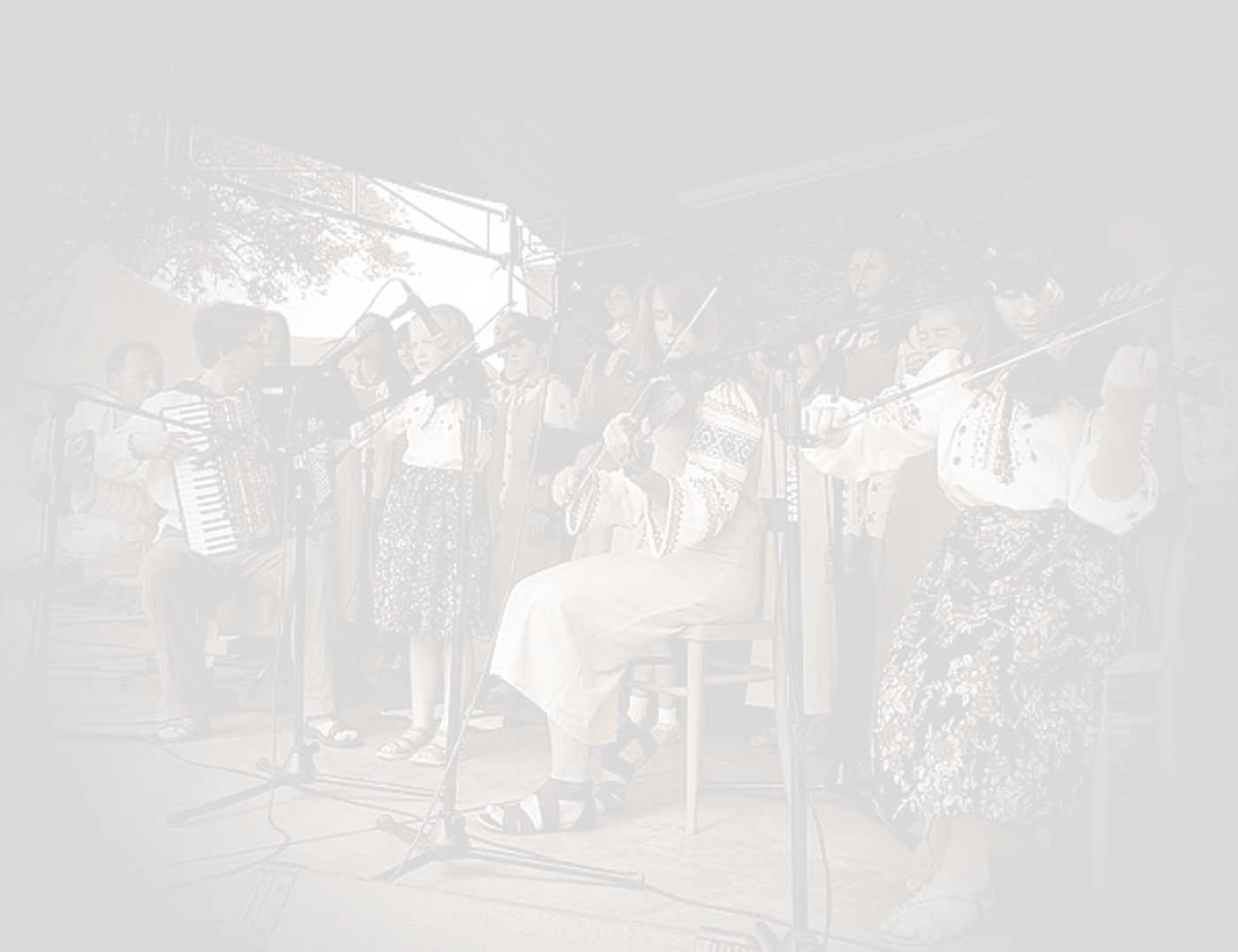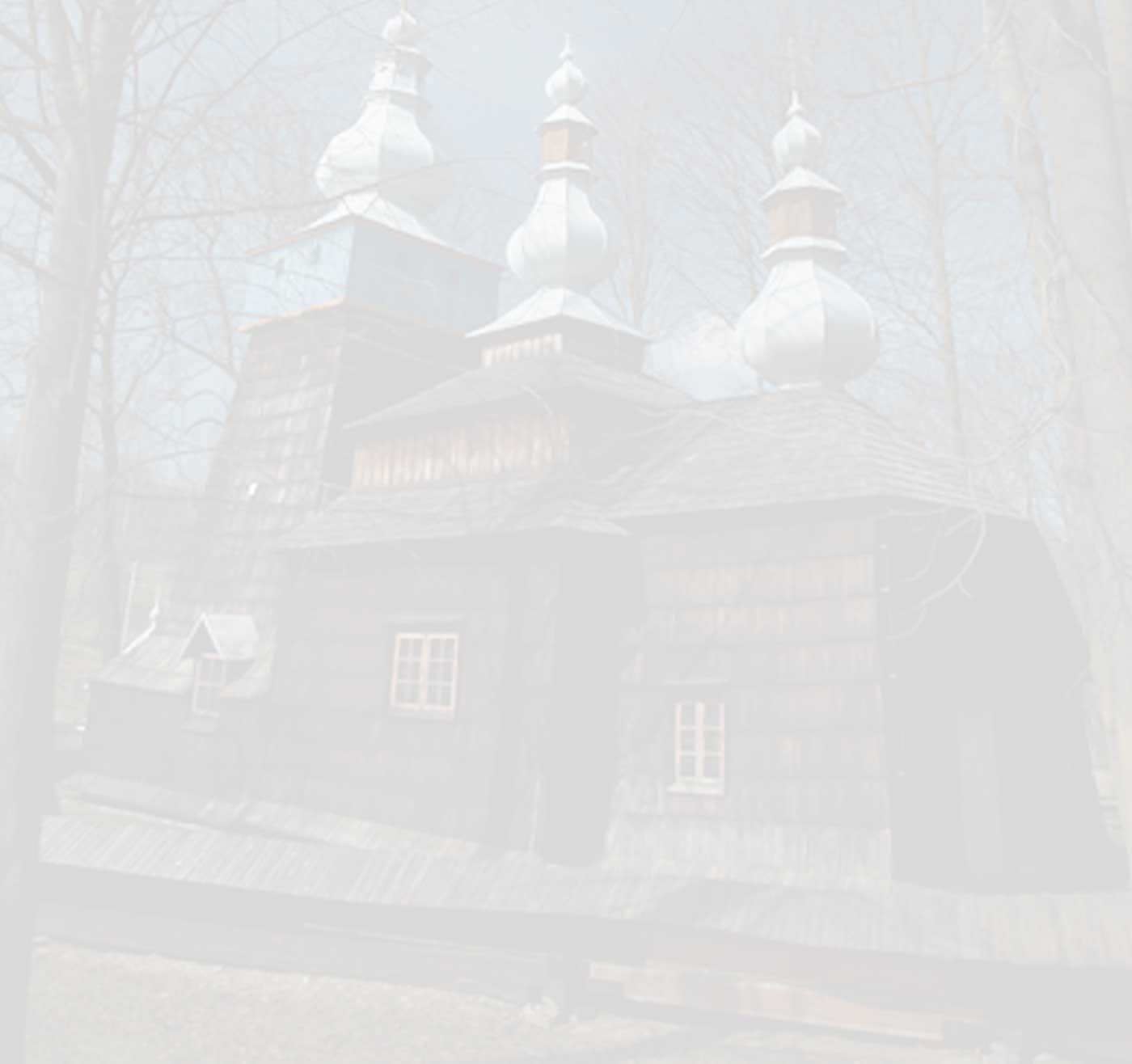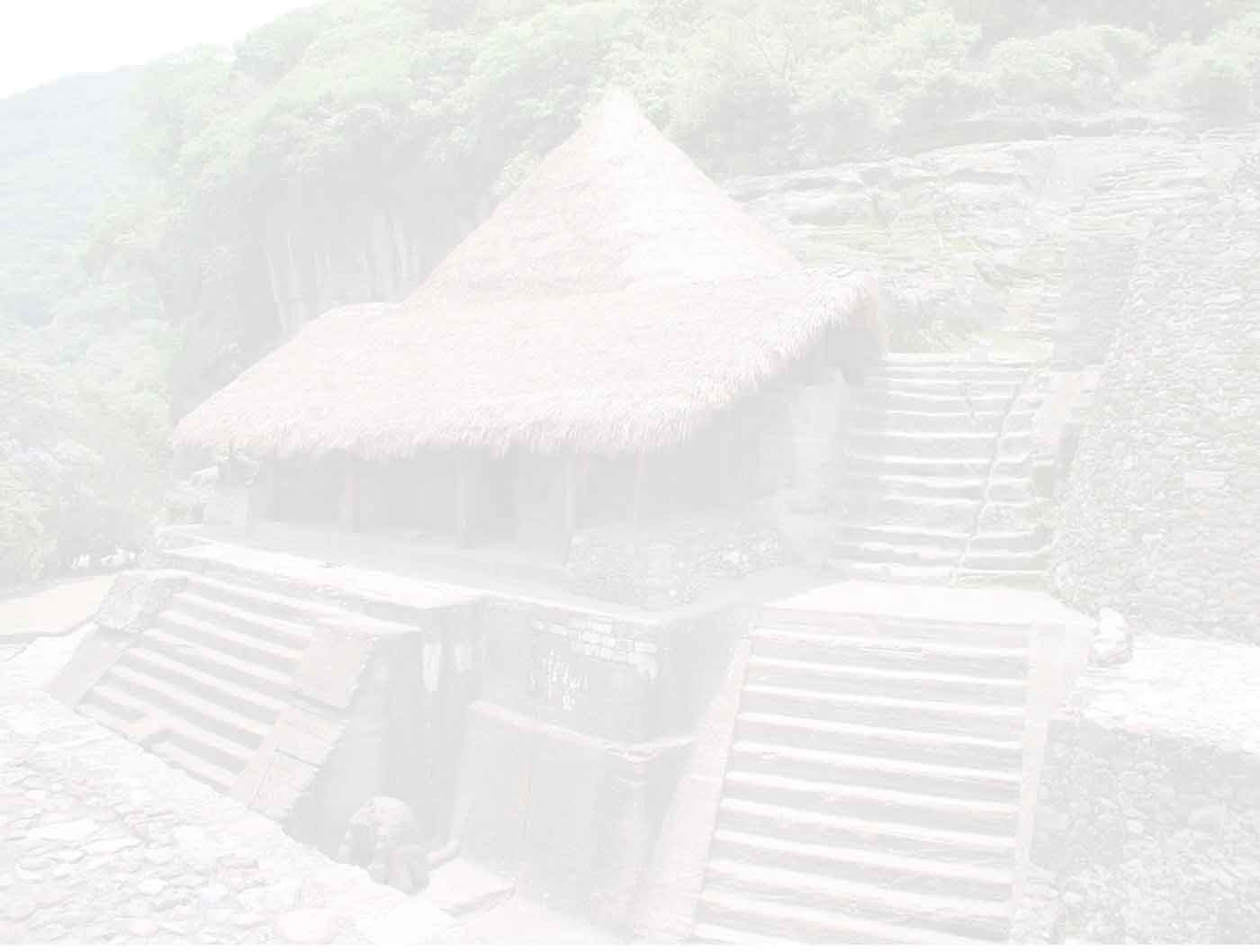























Effective tools in language and culture revitalization
Martyna Gacek, a student of the University of Warsaw
Throughout the seminar I was trying to decide which tools- practical and theoretical- are, in my opinion, the most effective for revitalizing language and culture. I also tried to answer another question- How I would do it? I’ve never revitalized anything, so my thoughts may be seen as somewhat of a “wish list”. I once heard an accurate observation to the effect that the best tools are the human body and heart put to a good cause. Of course, we can add time and money to this; but I always come out with the assumption that "for him who desires, nothing is difficult". Often money is not a problem. It is the lack of people who are willing to participate in such an undertaking. Revitalization should be conducted in a comprehensive manner. I think the best way would be to divide its responsibilities among the following people and activities:
1. Historians. In order to save a language or a culture, we have to know something about it. It will be necessary for someone to dedicate themselves completely to the history of the community, collecting and cataloging data, stories, myths and facts. This person will be responsible for assuring that the community’s own history is valued and not forgotten. I think this is a very important part of revitalization, and will entail the interweaving of the history of the minorities and the dominant society, which for centuries were often natural neighbors. Perhaps we can recreate a model of cooperation based on a shared past, including both the good and the bad.
2. Teachers. As we all know, children are the future of the nation. However, I believe that the tasks undertaken by qualified teachers should be extended to every age group. In this case, I think that teachers should have the support of assistants, young people from the community who have intimate knowledge of their social group and a great deal of enthusiasm. Their message is heard and understood best because they are not "the others". The formal knowledge of qualified teachers, in conjunction with the informal knowledge of the life of the group members will facilitate the work of introducing the language of the community into people’s everyday lives.
3. We can’t forget about the activities, without which every language would eventually die, such as creating books, newspapers and articles, as well as recording audio books and making music. It seems to me that the creation of such materials is often accompanied by the belief that their consumer are basically primitive and need to be communicated with using "capital letters". I agree that textbooks should be simple enough for everyone who wants to learn the language, but I think this impression should be shared by developers of materials for English or German as well. Often the level of textbooks is inadequate for a particular age group. People do not enjoy not being taken seriously. That is why materials should be as diverse as possible. This is important for textbooks, but we also have to take care of the appropriateness of additional literature, such as adventure books, romances, novels and even comics. All societies and groups have people who like to write, including those who have prepared finished works, even if they are unpublished and lie, buried deep in a drawer. We may want to help these people release their works in their language, so that the community will gain access to materials that promote its language, but are not as boring and stiff as a textbook.
4. The situation is similar with music. Certainly within the community there are talented people who want to create their beloved music in their own language, conveying and sharing in the lyrics values that are important to them. The next step will be to promote involvement in social media. Most social networking sites allow us to create fun pages and video channels, and this is the easiest way to reach the world. Even though initially there will not be a wide audience, it is good to remember that “once something appears on the Internet, it never leaves”. Masterpieces of revitalization will be available in every corner of the world!
5. Psychologist. I think this is one of the most important elements, because it affects the activities of all people in the community. A qualified psychologist can spread a “security umbrella” over the entire project. The concept of a safe monolingual space in which students can communicate only in the Nahuatl was introduced during the Revitalization Seminar. I think it would be advantageous to work with a psychologist who will be able to convince people to stop to being ashamed or afraid to speak in their own language and dialect. Such a person would understand where revitalization encounters obstacles, why people close down when faced with their identity, and how different social or age groups should be worked with. Revitalization is not limited to working with the language simplifying it, documenting and describing it. It entails working with people, many of whom may, of their own accord, have renounced the use of their own native language, or have, in the past, been forced to do so. This also implies working with children, who should be raised in the culture of their ancestors. Their families should be their role model for being proud of their diversity. The psychologist would help people to stop perceiving their own language as primitive.
As I wrote at the beginning, revitalization should be conducted in a comprehensive manner but also wisely. I don’t think that we should treat native speakers as "superhuman" just because they speak dying tongues. The dominant culture and language society will combat it. I believe that a skillful psychological approach will make the dominant society want to coexist with such unique cultures and their languages. At the same time we can’t let the minority be treated as part of the folklore. Instead, it should be treated as a valuable cultural partner. If the dominant society accepts revitalization, then we find in it a strong ally and advocate.
That's all I can write about the topic without going into details. I am not a specialist; however, during class I heard many opinions confirming the correctness of this approach. Perhaps I have approached the subject with excessive optimism, but looking at your hard work and the successes you shared with us during the presentations, allowed me to believe that even a language can be saved or resurrected from oblivion.